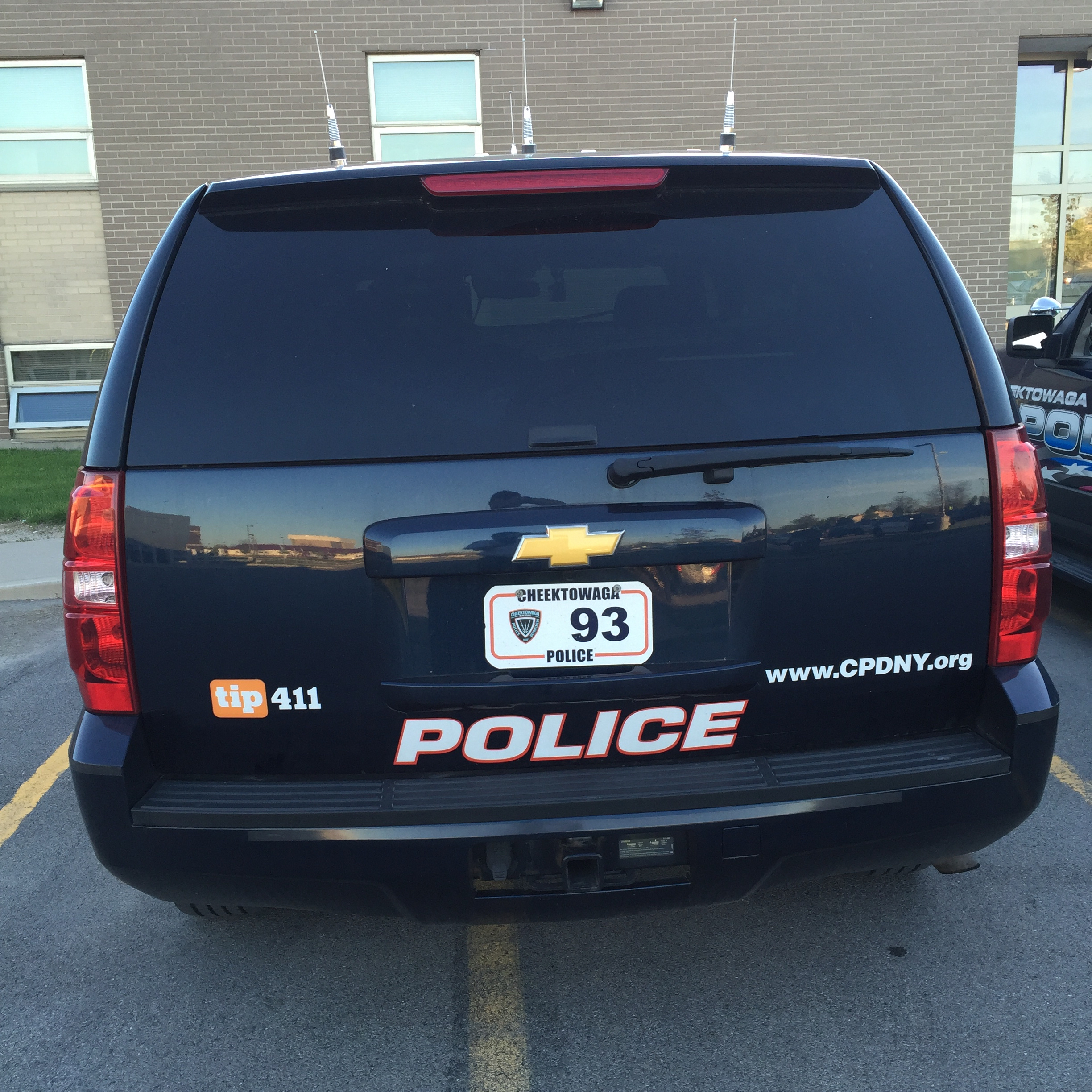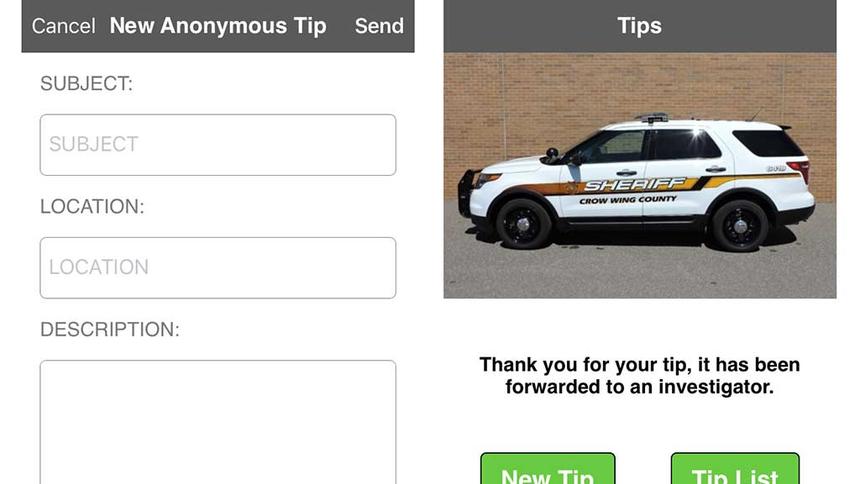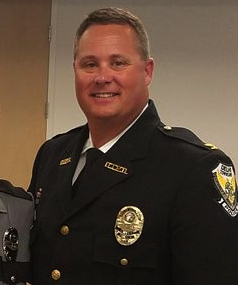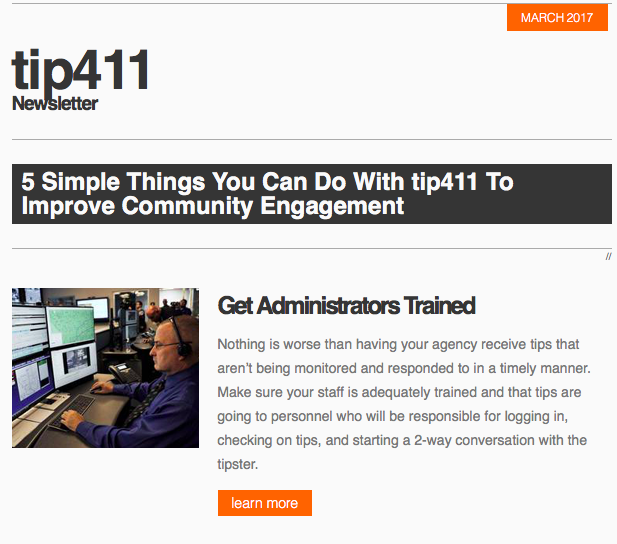“Everyone is texting; no one wants to talk on the phone anymore.”
tip411 interviewed Assistant Chief Jim Speyer of the Cheektowaga, New York Police Department. Here’s what he had to say about using tip411 in their community: Q: Tell us about your community and the Cheektowaga Police Department (how many residents, how… Read More »“Everyone is texting; no one wants to talk on the phone anymore.”



